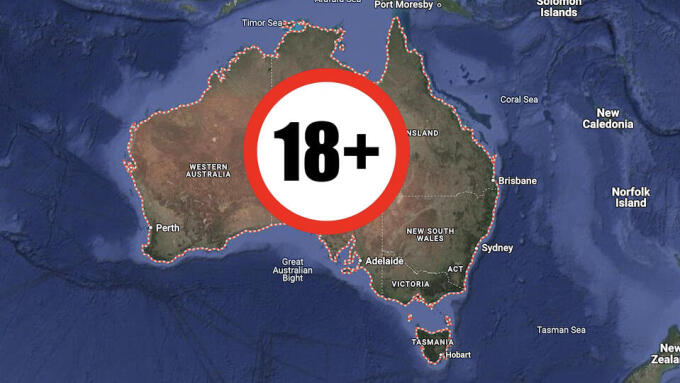CANBERRA, Australia — A group of Australian trade organizations released on Monday a draft of a proposed online “safety codes” system, comprised of regulations meant to protect children from exposure to online pornography and other material categorized as “harmful content.”
The proposed rules, which could become enforceable if ratified by the country’s controversial eSafety Commissioner Julie Inman Grant, were developed by the Digital Industry Group Inc. (DIGI), the Australian Mobile Telecommunications Alliance, the Consumer Electronics Suppliers Association and the Interactive Games and Entertainment Association.
DIGI, which is actively promoting the proposal and is credited by some reports as its main booster, describes itself as “a not for profit industry association advocating for the digital industry in Australia” and “the industry association for companies that invest in online safety, privacy, cyber security and a thriving Australian digital economy.”
Its members are all large multinational corporations, including Apple, Discord, eBay, Google, Meta, Microsoft, Pinterest, Snapchat parent company Snap, Spotify, TikTok, Twitch, X and Yahoo.
XBIZ confirmed that Free Speech Coalition (FSC) was consulted in drafting this system, which directly targets adult content and would affect access to adult sites in Australia. When reached, FSC was still reviewing the proposal to assess how much of its input had been included.
According to News.com.au, the codes “could become enforceable by the eSafety Commissioner if accepted for registration under the Online Safety Act 2021.”
Big Tech Following Inman Grant's Directives
As XBIZ reported, the Online Safety Act essentially established the eSafety Commissioner as Australia’s de facto online censor. Currently, the post is held by Inman Grant, an unelected American-Australian former tech executive who has acknowledged having had conversations with U.S.-based, religiously-inspired lobby NCOSE — formerly Morality in Media — and even appeared on an NCOSE podcast at the Coalition to End Sexual Exploitation summit in July 2021, shortly after the Australian Parliament passed the OSA.
According to the Australian Associated Press (AAP), the codes follow a directive by Inman Grant to companies to protect children from Class 1C and Class 2 material, which include “pornography, simulated gambling in computer games and ‘high-impact material’ depicting nudity, violence, drug use, crime, suicide, racism or family breakdowns that would otherwise receive an R18+, X18+ or RC classification.”
The directive mandates “tools to let users block pornographic images sent to them,” as well as “ways to report breaches, and terms and conditions to prohibit sexual extortion, grooming and non-consensual intimate image sharing,” AAP reported.
DIGI’s Director of Regulatory Affairs and Research Policy Jennifer Duxbury described the draft online safety codes as “a critical step forward in keeping children safe from pornography and inappropriate content,” News.com.au reported.
“The draft safety codes we’ve released today are a joint effort between companies committed to online safety and the government to strengthen safeguards for minors when it comes to online pornography and age-inappropriate content,” Duxbury said. “The key principles of these codes are to protect and support children, provide all end users, including parents, with more control over what their children see, read and hear and to protect privacy and online safety.
“Importantly, the draft online safety codes will also include measures such as how digital platforms will approach age assurance,” she added. “Once finalized, these draft safety codes will make an invaluable contribution to protecting children from online pornography and other harmful content.”
Duxbury also said DIGI was encouraging “all stakeholders, including consumer organizations, civil society groups, academics, industry, parents and community members, to have their say on the draft codes and provide feedback.”
Public consultation about the proposed ratings system is open until Nov. 22, and can be accessed through OnlineSafety.org.au.








